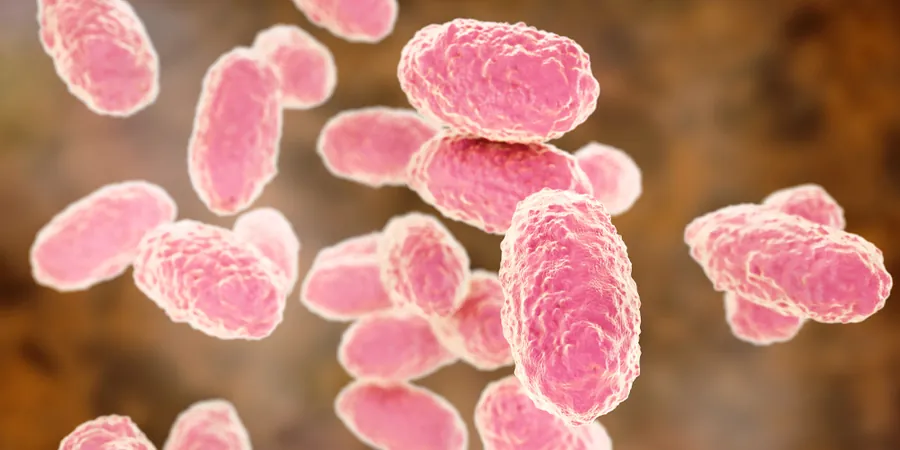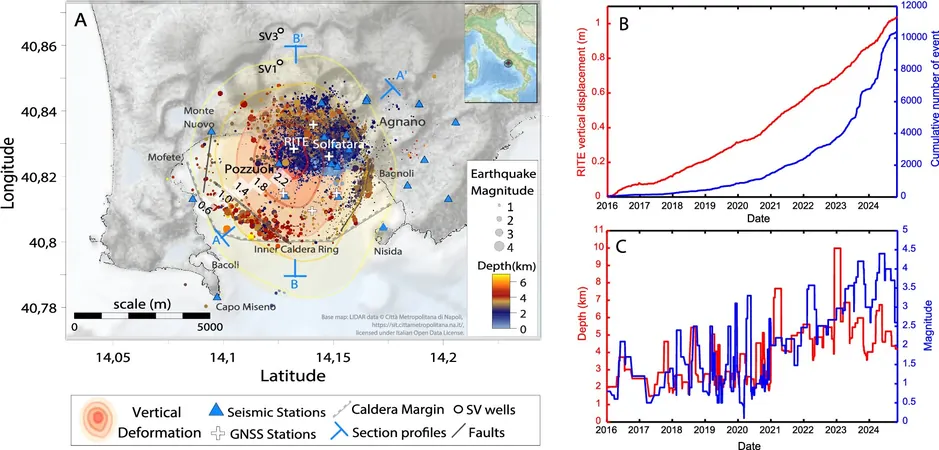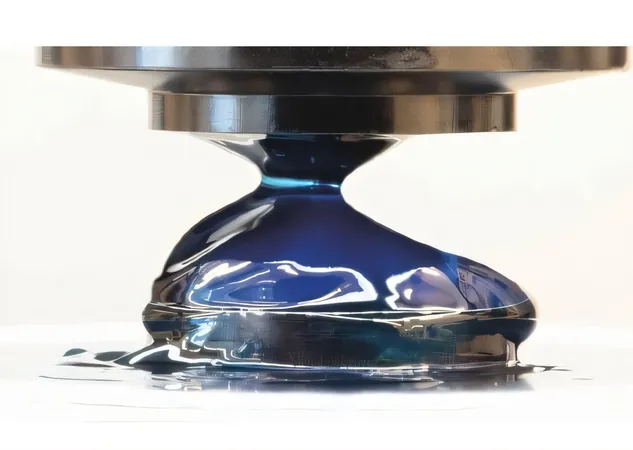
Revolutionary Approach to Whooping Cough: Targeting Toxins for Treatment!
2025-05-01
Author: Wei
Rising Threat of Whooping Cough
Whooping cough, a highly infectious respiratory illness caused by the bacteria Bordetella pertussis, is making a troubling comeback in the United States. According to the CDC, cases are spiking, highlighting the urgent need for effective treatments, especially since many cases are diagnosed too late for conventional antibiotic therapies to work.
A New Frontier in Treatment
In an exciting breakthrough, researchers led by Stefanie Lietz from Ulm University, Germany, and a team of international scientists, have dived deep into the human peptidome—the complete array of peptides in our bodies—to uncover inhibitors of the pertussis toxin (PT). Their groundbreaking study, published in the Journal of Biological Chemistry, reveals the liver protein alpha-1 antitrypsin (α1AT) as a promising PT inhibitor.
How Does It Work?
Through sophisticated techniques including peptide libraries, fractionation, and mass spectrometry, the team discovered that α1AT can effectively bind to PT. This action blocks the toxin from interacting with cell surface glycoproteins, preventing the dreaded endocytosis that leads to disease progression.
A Potential Game-Changer
Interestingly, patients with genetic deficiencies in α1AT are already treated with synthetic versions of this protein in clinical settings. This raises the tantalizing possibility that α1AT could be repurposed as a treatment strategy against pertussis, potentially transforming how we combat this resilient disease.
Looking Ahead
Future research is set to further elucidate α1AT's mechanisms in thwarting PT. Discovering which specific residues of α1AT interact with the toxin could lead to innovative therapies, marking a significant step forward in our fight against whooping cough.





 Brasil (PT)
Brasil (PT)
 Canada (EN)
Canada (EN)
 Chile (ES)
Chile (ES)
 Česko (CS)
Česko (CS)
 대한민국 (KO)
대한민국 (KO)
 España (ES)
España (ES)
 France (FR)
France (FR)
 Hong Kong (EN)
Hong Kong (EN)
 Italia (IT)
Italia (IT)
 日本 (JA)
日本 (JA)
 Magyarország (HU)
Magyarország (HU)
 Norge (NO)
Norge (NO)
 Polska (PL)
Polska (PL)
 Schweiz (DE)
Schweiz (DE)
 Singapore (EN)
Singapore (EN)
 Sverige (SV)
Sverige (SV)
 Suomi (FI)
Suomi (FI)
 Türkiye (TR)
Türkiye (TR)
 الإمارات العربية المتحدة (AR)
الإمارات العربية المتحدة (AR)